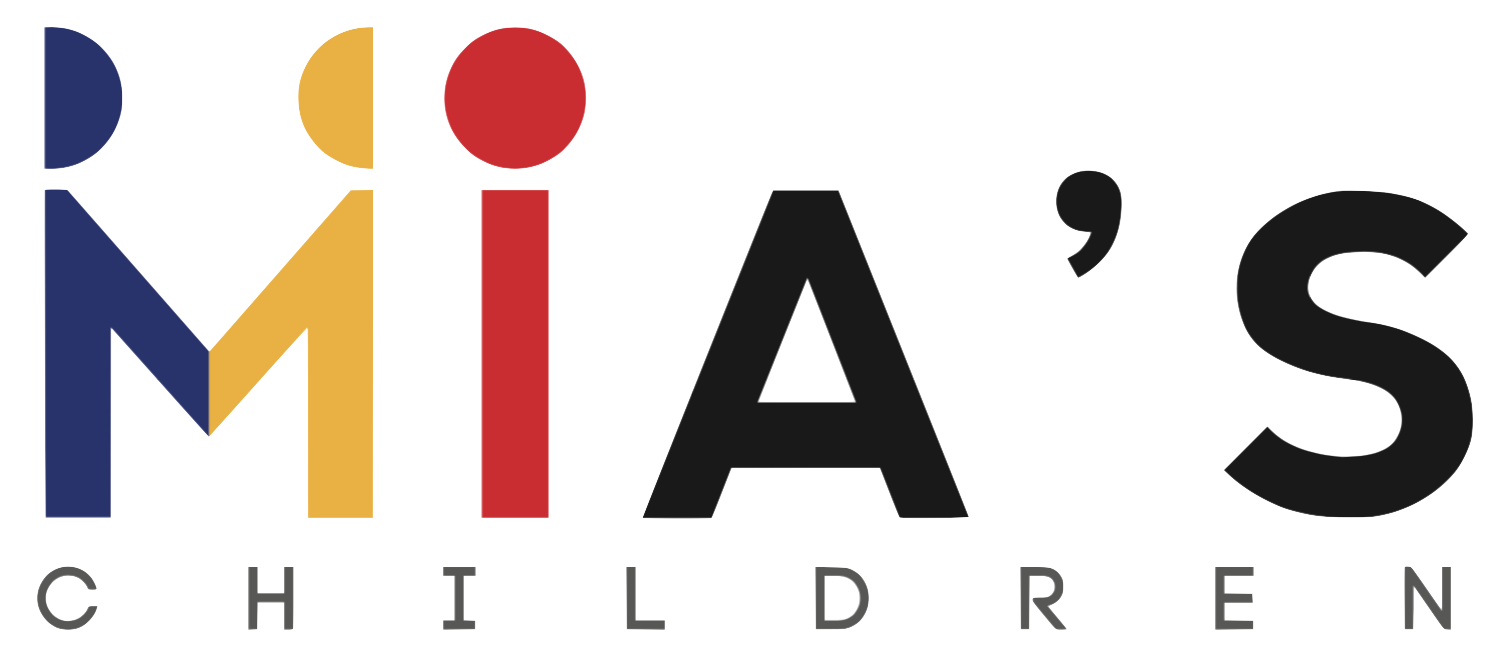Ministering to the Roma
Recently journalists around the world have reported an increased resentment in Europe toward the Roma population. Italy, France and other countries are shutting down camps where the Roma populations live, and are making it harder for them to remain in their current countries.
Mia’s Children has been ministering to the Roma people since the association’s inception. Also known as gypsies, they have a long history in Romania and still settle in villages across the country and around Bucharest.
The Roma are the most impoverished and marginalized people group in Romania, and arguably in much of Europe. Speaking a different language and living a different lifestyle, they stand out in any country and have trouble assimilating. Their poverty has often bred other related problems like crime, violence, and abuse.
 Some of our Roma children live in this village on the outskirts of Bucharest
Some of our Roma children live in this village on the outskirts of Bucharest
Many of the young people who come to Mia’s Children are Roma. They live in villages on the outside of town and come from families in desperate poverty. In an attempt to bring in more money, many of the children have previously worked in street crime. Others found food in trash heaps. This is certainly not the situation for every Roma child, but it is also not uncommon in Romania.
The parents struggle with substance abuse and violence. Some have too many children to look after them all, and end up putting one or two in an orphanage. Many of these extreme hardships and patterns of brokenness are worsened and perpetuated by racism from non-Roma.
We have found through the years the power of reaching Roma children. Being so at risk of human trafficking, drug crime, gang violence, and domestic abuse, they are in need of almost every possible provision. Food, education, medical attention, skills training, counseling and spiritual guidance all play a part in helping Roma children to become healthy members of Romanian society.
We meet most of our contacts at the association through referrals from other children and their families. Many of the Roma children are actually related.
Often the families are so grateful for the chance to see their children eat, play, go to school and thrive in their work that they spend extra time at the organization, talking with Mia, learning, and helping when they can.
Even so, the cycle of poverty and desperation among the Roma people in Bucharest is difficult to break, especially in adults who have seen a lot of brokenness.
But there is hope for melting even the hardest heart: parents are transformed, as we have been transformed, by watching their children changed in how they see themselves – as Roma yes, and as Romanians, as successful students and workers, as children of God.
